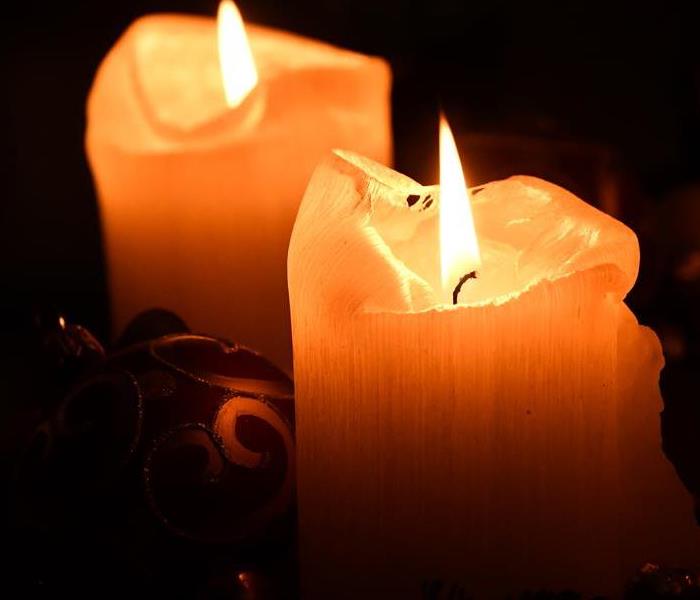3 Tips to Manage Power Outages
5/16/2022 (Permalink)
Natural disasters, which cause power outages in the middle of winter, pose many potential problems for homeowners and businesses.
1) Power outages can cause the pipes to freeze, which is the main cause of water damage in winter.
Many regions are struggling with this common problem. Leaving homes or businesses without electricity for a long time will cause temperatures to drop below freezing, so piping may freeze. This could cause cracks or explosions leading to water damage. One way to prevent this is to insulate the pipes. This can be done by visiting any local hardware store. Most hardware stores have special tapes, polyester covers and many other products that can offer protection against a sharp drop in temperature.
If you have water in a village, town or city and you have not lost your water supply, it may be a good idea to run the water source as far away from the water source as possible. This ensures a constant flow of water to prevent the increase in water pressure in the pipe from freezing. 2) Power outages can cause septic backups.
In the event of a power failure, the waste is not pumped into the drain field. The septic tank and the pump tank catch dirty water throughout the power failure and release it all at once when the supply is resumed and the pump starts. Excess water that is pumped at one time can flood the canal field and cause flooding or backup.
3) Power outages can cause loss of drinking water if you have a well. Due to a power failure, the well pumps may stop working, which may lead to water loss. This includes drinking water, baths and toilets. No access to clean drinking water can lead to many other problems. It is important to store additional bottles of water to prevent dehydration.






 24/7 Emergency Service
24/7 Emergency Service
